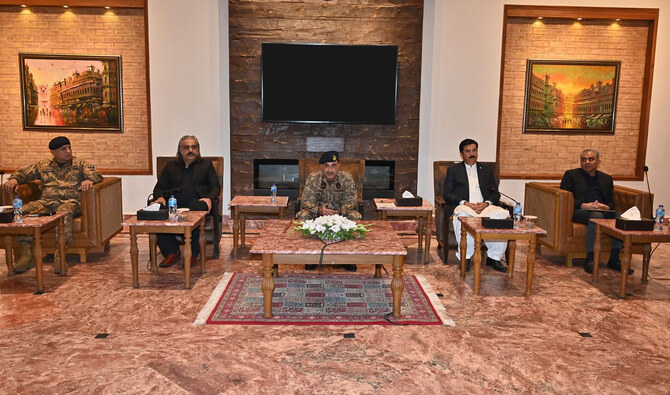ALTHOUGH Saudi Arabia is still the largest car importer in the region with an estimated 777,000 cars at the end of 2013, there are indications that car manufacturers are keen to start some local operations in order to make use of abundant energy and support industries.
As of 2017, cars made in Saudi Arabia could be in the market.
The Saudi government is encouraging this trend through the National Clusters Development Program, which includes attracting carmakers to come and invest in the Kingdom.
The response is encouraging with Jaguar Land Rover signing a preliminary agreement with the Ministry of Commerce and Industry to build a plant to produce 50,000 Land Rovers a year as of 2017.
Other companies have expressed interest in local manufacturing operations including Ford, GM and Chrysler and are in talks with the ministry.
There are a number of comparative advantages for Saudi Arabia including the availability of cheap land and energy and the existence of support companies that provide materials to the car industry. Saudi Basic Industries Corporation (SABIC) is a world leader in polymers and plastics, a material increasingly used by the carmakers.
Also, Alcoa is working on a mega plant to produce aluminum in Saudi Arabia at an investment cost of $10.8 billion.
This plant is the carrot that convinced Land Rover that Saudi Arabia is the best location for manufacturing new Land Rovers with aluminum body shells.
At the moment there is a small Isuzu truck assembly plant in Dammam.
There are also a number of factories which produce spare parts and lubricants for cars.
These support plants are vital in developing local car assembly plants.
It is hoped that major exporters to the Saudi market, such as Toyota and Hyundai, would also consider setting up a local manufacturing base in order to keep their edge in the long run.
— Adel Murad is a senior motoring and business journalist, based in London.
Email: [email protected]



















